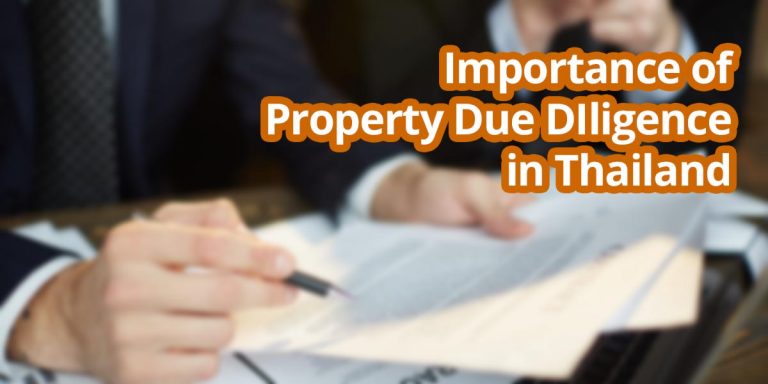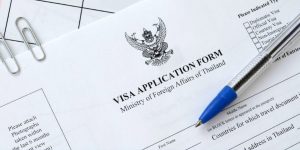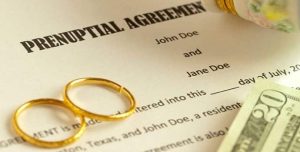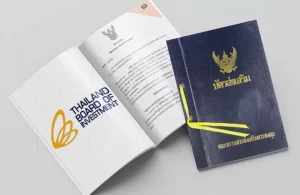In this article, I’ll be discussing the importance of Property Due Diligence in Thailand. Specifically, I’ll discuss physical property inspection in Thailand, Building Permits and due diligence on the Property Developer. The following tips are useful to you if you’re planning to buy a property in Thailand. We’ll also discuss how to check the property developer’s background and track record before you sign a purchase contract.
Importance of Property Due Diligence
Due diligence is crucial when purchasing property in Thailand, as there are scam artists in this country and you need to be wary of any scam. Before buying a property, ensure that the developer or seller has a good reputation and is financially stable. This is crucial as many projects in Thailand are based on people buying off-plan, and if there is a financial crisis in the country, development will be put on hold, making the deposit almost impossible to get back.
When purchasing property in Thailand, you must ensure that you are working with qualified legal counsel. An attorney can perform conveyance and due diligence on your behalf. Because of the language barrier, it is important to have a qualified lawyer on your side. You should also be prepared to spend some time doing research on the property and the seller. If you’re unfamiliar with Thai writing and regulations, a lawyer is an excellent choice.
Physical Inspection of Property in Thailand
One of the most important parts of due diligence is a physical inspection of the property you are considering buying. A physical inspection can help determine if the boundaries of a property coincide with the description of its title deed. It can also verify whether zoning regulations are in effect. A physical inspection is especially important if you plan to purchase a condominium property. It can help you avoid any potential problems or liabilities that may arise in the future.
Due diligence is the process of verifying the material facts of a sale before the transaction is completed. Physical inspection of a property in Thailand involves reviewing documents to verify whether or not the seller has a good record, checking for liens against the property, and doing a thorough background check on the property and its owner. Due diligence should include a physical inspection of the property, as well as documentary research about the developer and owner.
Inspection of Building Permits in Thailand
Obtaining a building permit is relatively simple in Thailand. To acquire the necessary permit, an applicant must submit the relevant land development permits and architectural plans. If the land is undeveloped, a property attorney can inspect it for you, saving you thousands of dollars in lost production. Proper inspection of building permits is essential for a successful construction project, as it helps to ensure safety and legality for all involved. Here are some tips for ensuring that you obtain a building permit in Thailand.
Before purchasing a plot of land, it is vital to inspect it. Check the land for usufructs and servitudes, which are a requirement for building. Also, check if the land is connected to the public road. In addition, check whether the land is zoning-free. Building without the proper permit will be illegal and you could face heavy fines and stop work orders. By following these steps, you can rest assured that your new home will be built in accordance with the rules and regulations of the local government.
Due Diligence on Property Developer in Thailand
As with any other transaction, it is crucial for a property buyer to conduct their due diligence on a developer and the seller. It is vital to verify the credentials of the developer and seller to ensure that they are reputable and genuine. It is important to avoid property scams and lawsuits as these can affect the rights of the property owner. During the due diligence process, buyers can raise concerns and ask the developer to clarify their answers. If there are minor issues, it is usually possible to amend the contract.
Lastly, the developer must be able to obtain all the necessary construction permits and Initial Environmental Examination. The IEE must correspond with the development plans of the developer. Although the IEE has the right to be amended, the developer must still file an application for the changes. Another important aspect of due diligence is to check whether the developer has complied with the Thai law. For example, new condo developments must have a specified number of parking spaces. Due diligence can help to discover discrepancies between the law and the developer’s records.
Hiring a Property Lawyer in Thailand
If you are planning to invest in property in Thailand, you may consider hiring a property lawyer for due diligence. A property lawyer can help you with due diligence in Thailand, including a thorough document review and searching for legal problems. He or she can also investigate the property, asking questions such as whether the seller is reliable and legally licensed to sell the property. Due diligence can also involve checking on infrastructures such as telephones, sewage systems, and other features.
If you’re buying a property in Thailand, you must perform due diligence before signing any agreements. This includes checking if the property has building permits, checking the Credentials of the Property Developer, and more. Hiring a property lawyer for due diligence can help you avoid problems and avoid big issues that could make the deal unviable. To learn more about hiring a property lawyer for due diligence in Thailand, keep reading.















